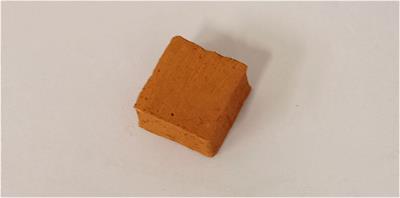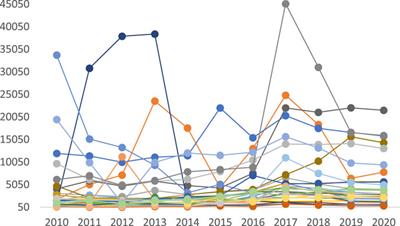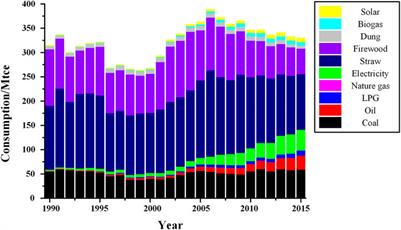EDITORIAL
Published on 24 Apr 2024
Editorial: Environmental impacts from small heating systems
doi 10.3389/fenrg.2024.1384163
- 351 views
3,442
Total downloads
34k
Total views and downloads
You will be redirected to our submission process.
EDITORIAL
Published on 24 Apr 2024
BRIEF RESEARCH REPORT
Published on 29 Sep 2023

MINI REVIEW
Published on 04 Aug 2023

ORIGINAL RESEARCH
Published on 25 May 2023

REVIEW
Published on 25 May 2022

ORIGINAL RESEARCH
Published on 14 Oct 2021

